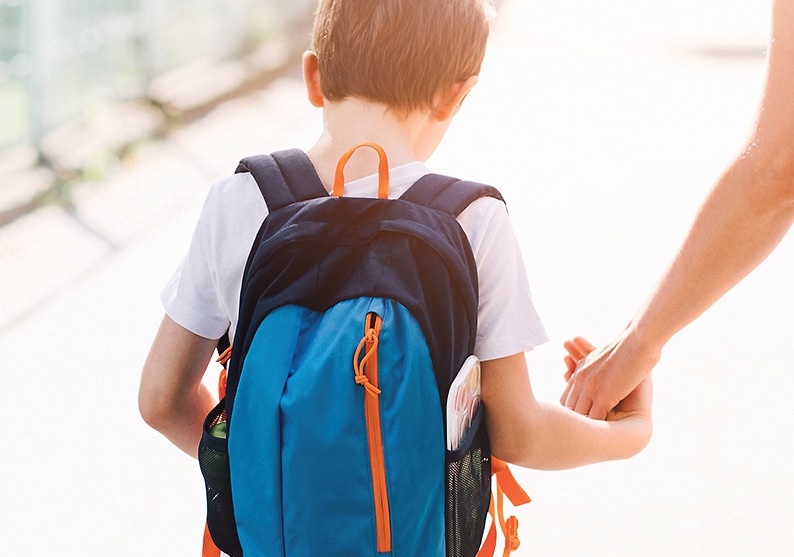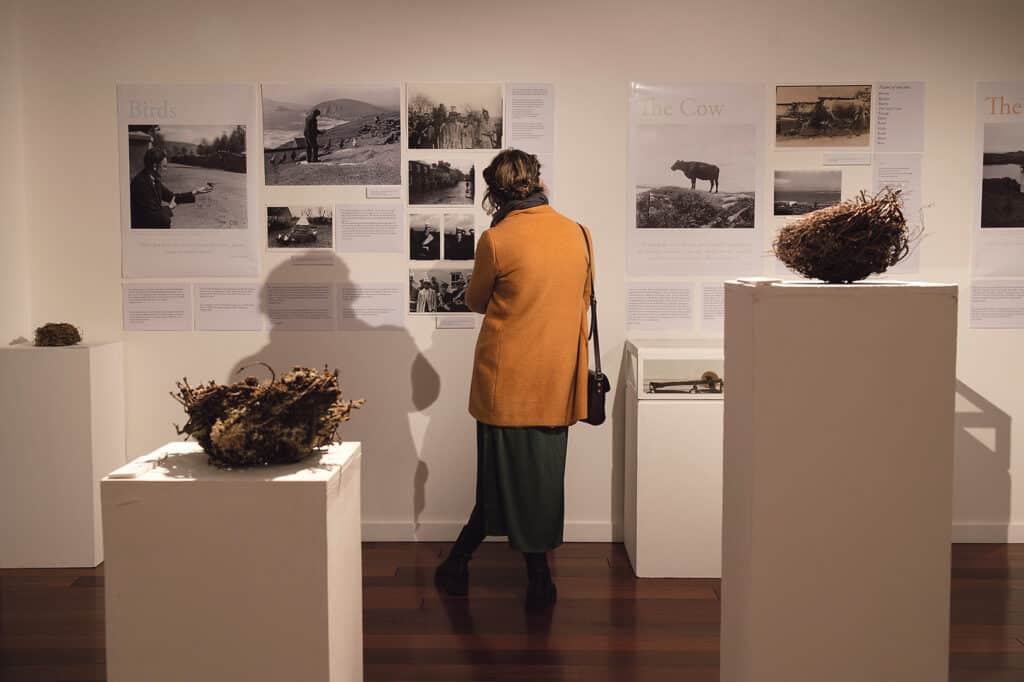

Child Behavior
Sarah Murray is a Paediatric Board Certified Behaviour Analyst (BCBA). Her practice is based in county Cork but she works online supporting many families. Sarah specialises in early intervention for infants and young children, with almost a decade of experience working alongside families of children with developmental delays, autism, and intellectual disability. A child behavioural consultant, Sarah helps families and schools to address challenging behaviour in a positive manner using evidence-based intervention strategies.
arahmurrayabatherapy.com
From birth, children typically spend the majority of their time with their caregivers. Essentially, it is all they’ve ever known, and so when this changes, it can be overwhelming. When young children do enter into an unfamiliar space, or are placed with unfamiliar adults absent their caregiver, and adding on top of this, having to say goodbye to the safety of their caregivers, it can be a lot on both parent and child. It’s a really tricky thing for our small children to do.
Anxiety when separating from a caregiver is a healthy and normal stage of development for infants, and it is a sign of a secure bond. We typically see this fear response emerge at about seven months of age, and persisting through to about twelve to eighteen months of age. At three years of age, children begin to get used to the prospect of separating from their caregivers for a period of time, but the anxiety can still persist for some children. When separation anxiety does not begin to diminish with age, persists long past toddlerhood into mid to late childhood, and remains a barrier to overall learning and development, then you may be dealing with a mental health diagnosis -–separation anxiety disorder (SAD). About three to four per cent of children suffer from this condition. Separation anxiety may not become apparent until the time comes to go to a child minders, creche or preschool. However, this anxiety would have been present long before this time, but did not escalate to extreme levels until the time came to go to such places.
Separation anxiety does not always appear as an overtly scared, worried, or anxious child. Oftentimes, it can present as upset, anger, aggression and a fight response to this massive stress. Young children typically show separation anxiety through behaviour as opposed to verbalisations. You may see elopement as children attempt to bolt from the place to which they must now go, or towards the arms of their caregiver as they make an attempt to leave their child. I’ve seen cases where children vomit and urinate with upset, throw tables and have aggressive outbursts, have huge school refusal in the mornings and claw their caregiver whilst clinging to them. When things have become this extreme for children, despite a young age, things require professional assistance.
Separation anxiety that persists past toddlerhood and beyond what can perceived as within the range of healthy and developmentally appropriate anxiety, can be attributed to a range of different factors. Typically, shy and introverted personality types can be more prone to suffer with separation anxiety. Research has shown that a family history of depression and anxiety can leave children at increased risk for separation anxiety. When children are being bullied, this can lead to the development of separation anxiety. Stress factors such as a recent death in the family, a big move to a new house or school, and parental divorce/separation can also lend to the development of separation anxiety. Then throw COVID-19 into the mix!
However, one of the most important variables identified in children with separation anxiety, and that which is not highlighted enough, is parental separation anxiety. It is only natural that when you have a child who is overly anxious at the prospect of separating from you, that you of course want to take this anxiety away and make your child feel better. You may begin to avoid and minimise situations where you must part from your child and so, parent behaviours and responses to their child’s anxiety become shaped pretty well by their child’s anxious behaviour. Things like delaying preschool, opting not to start off in creche settings, getting take-out instead of hiring a babysitter and hitting the town, all mean more time spent with caregivers, further solidifying closeness and time spent with caregivers, and avoiding a separation, which invariably lend well to separation anxiety persisting.
Sometimes, even without a child who is predisposed to separation anxiety, caregivers can have their own separation anxiety present. This is extremely common. It can be really tough for parents to drop their child off somewhere without them, to say goodbye and to separate from their child that they’ve spent so much time with since birth. This is another very important factor which can create separation anxiety in children.
No matter the cause, there are many ways to address separation anxiety. I will look at this in next month’s issue.


